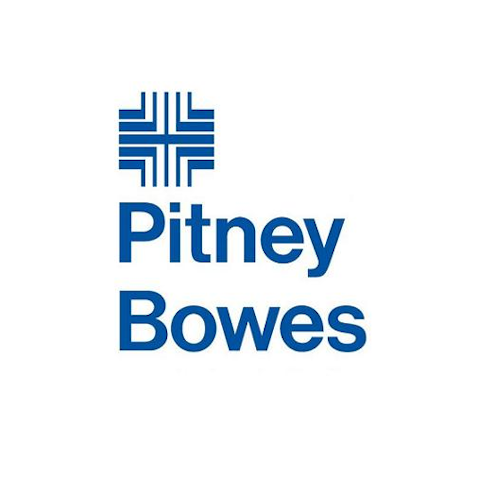A few months ago I initiated a very modest position in Pitney Bowes Inc. (NYSE: PBI).
At that point in time, I decided to buy Pitney Bowes because I felt that Pitney Bowes was attractively valued, diversified, innovative, and very profitable.
The market appeared to unfairly assume worst case scenarios for Pitney Bowes’ dividend and business and these events were already more than priced into Pitney Bowes’ stock price.
By contrast, I felt that for at least the next 2 to 3 years that it was likely that Pitney Bowes would maintain its current dividend, unlikely that it would slash its dividend in half, and very unlikely that it would reduce it by more than half.

Today I am reviewing this decision. I want to determine three things: (1) What will happen to the dividend? (2) What does the future look like for Pitney Bowes? and (3) Should I buy more shares, hold onto my existing shares, or dump them?
The Company
First, Pitney Bowes is a leading provider of customer communication technologies. A $5.3 billion company with 29,000 employees, Pitney Bowes serves both large corporations and small-to-medium-sized businesses in more than 100 countries. Pitney Bowes’ software, equipment, and services help businesses communicate more effectively in today’s multi-channel environment, so they can build long-term customer relationships and drive profitable growth.
Second, Pitney Bowes is more innovative than most people give it credit. Pitney Bowes’ intellectual property portfolio includes more than 3,500 patents in areas such as ticketing, cellular phone payments, shipping, laser printing, encryption, and mail production. Furthermore, the Intellectual Property Owners Association has consistently ranked Pitney Bowes in the top 200 companies receiving patents.
Third, Pitney Bowes has entered new markets, wisely acquired or partnered with growth companies, and diversified its operations. From 2000 to 2007, for instance, Pitney Bowes invested approximately $2.5 billion in 83 acquisitions, most of which were in software and services. More recently, Pitney Bowes announced a multiyear agreement with Facebook Inc (NASDAQ: FB).
According to John O’Hara, president of Pitney Bowes Business Insight, Pitney Bowes will help Facebook build “the world’s largest point-of-interest database.” That agreement is reportedly the largest installation of geocoding in the world. Pitney Bowes will offer global geocoding, reverse geocoding and other products for integration into Facebook’s applications and services – similar to what Pitney Bowes is doing with Google.
The Dividend
A dividend yield of over 10% for a company that has a fairly large market cap is a red flag. Many people will automatically either unfairly assume that something weird is going on within the company or that there is no way that the dividend is sustainable. That said, let’s take a deeper look at Pitney Bowes’ dividend.
According to MSN Money, Pitney Bowes’ earned $2.95 per share for the past 4 quarters. A dividend of $1.50 gives us a payout ratio of roughly 50%. That is a little higher than the 30 – 35% that I would like to see. But if I were to use either Pitney Bowes’ most recent full year earnings or its average earnings over the past 3 years the payout ratio would be around 75 – 85%, which is very high, yet doable, for the year or so that it will take for Pitney Bowes to get earnings back on track.
A lot of analysts are concerned about Pitney Bowes’ declining cash flow that has fallen considerably over the past year. But Pitney Bowes does appear to have enough capital to ensure that it will not have to downsize its operations anytime soon. In addition, Pitney Bowes has a respectable return on invested capital and its fundamentals are healthy.
